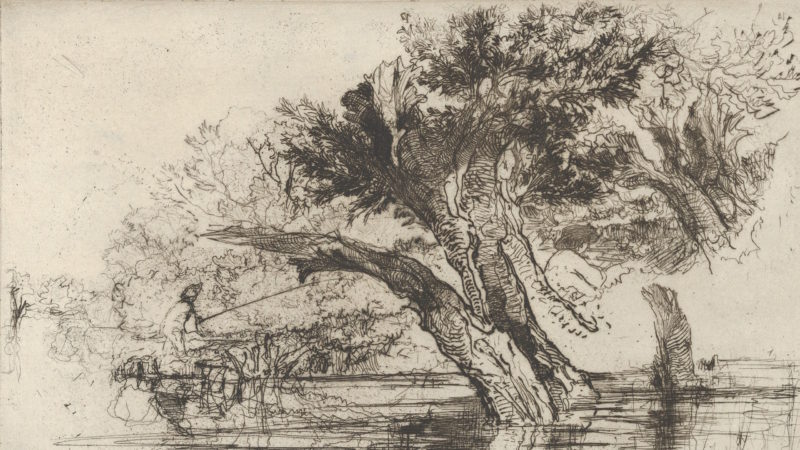The other day, when I saw a dead
mouse in the middle of my way,
I stood still and said: What is this?
Why do you lie here so quietly?
Having barely entered this life,
you are already fleeing from it.
Well, let me at least consider
the jolly path your life has taken:
There were certainly no words
wasted when you arrived here,
a baptism was probably a waste.
You never went to school,
no teachers were ever forced to work
themselves to death over you.
You knew from the first day
how to find your place in this life.
When it came to your upbringing,
higher studies, knowledge, awareness,
you were free to do without all that.
You never had any piano lessons,
dancing lessons, gymnastics
lessons, or other kind of lesson.
You were born with grace
and agility and an entirely
natural sense of decency.
Shoes, socks, hat, and gloves
remained unknown to you.
You always wore the same suit.
Did you have any brothers and sisters,
uncles, aunts, and cousins?
Were you by any chance married?
These are questions we all rather
not ask in the end because
they are all too complicated.
Of course, my dear mouse,
you never had to care about anything.
Our kind is full of doubts;
we convince ourselves of God knows,
we make our time on this earth
as annoying as possible;
we struggle and wear ourselves down,
we seemingly go mad with all
those delicate worries of ours.
It is obvious that you were
very happy just to be alive,
you had hardly any worries at all,
which make you, in almost all cases,
nothing but frustrated anyway.
I doubt I am very much mistaken,
when I think about how you loved
to squeeze through small crevices.
A small quantity of leaves
was the world in which you lived,
you liked to crawl under rocks.
When we humans see a bit of grass,
you must see something quite large.
Trees, oak trees, for example,
must have seemed colossal to you,
if you were ever able to overlook
such girth and such grandness.
Even a hare must have seemed
rather respectable to you.
Yet you were especially afraid
of cats, so much that you avoided
even the slightest chance of trouble.
Your voice was a whistling,
and your walk was like a dart.
You could not speak German,
nor French or English,
you clung to your Mouselish,
it was enough to be able
to talk to your own kind.
You did not create any kind
of important work in your life.
You never had a need to travel.
This makes you no less
important in the eyes of our
Father up there in the clouds,
which floated above you as well
as any other beings on earth.
So goodbye.—And when I had
said all this, I continued walking.
—Robert Walser
Translated from the German by Daniele Pantano, with friendly permission of Suhrkamp Verlag Frankfurt am Main, the Robert Walser-Zentrum, and Seagull Books.

